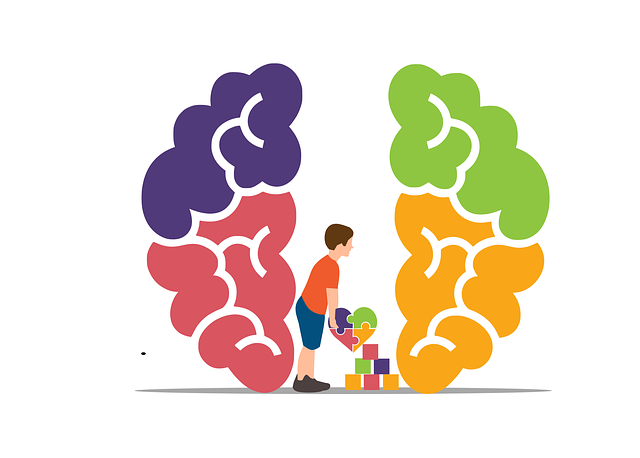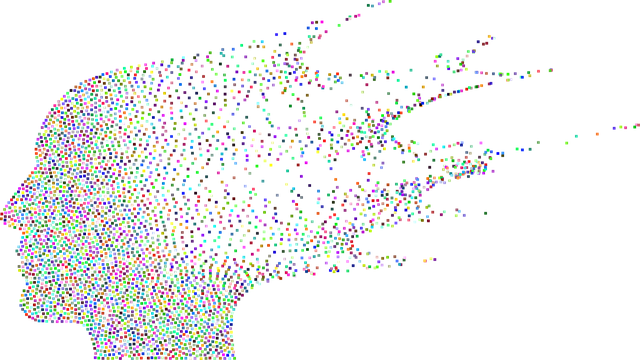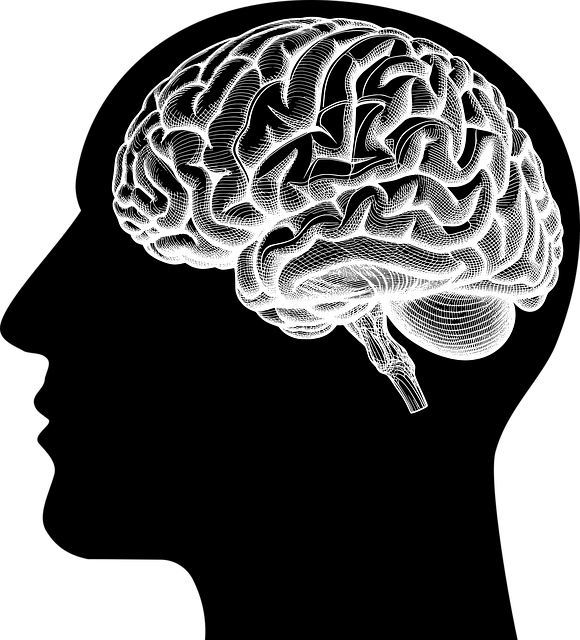Diagnosing Autism Spectrum Disorder (ASD) accurately in Lakewood poses significant challenges due to varied symptoms and personal factors. Specialized training is crucial for therapists using evidence-based tools to assess comorbid conditions. Lakewood ASD therapy focuses on building inner strength, conflict resolution skills, and personalized self-care routines to enhance diagnostic accuracy. Advanced technology, public awareness campaigns, and professional training further improve diagnosis and treatment outcomes for individuals with ASD in Lakewood. Early intervention through tailored services, including stress management and resilience building, empowers individuals to manage long-term mental health effectively.
Mental illness diagnosis accuracy has long been a contentious issue, with many challenges hindering effective treatment. This article delves into strategies aimed at enhancing diagnostic precision, focusing on approaches like Lakewood Autism Spectrum Disorder (ASD) therapy, which offers novel insights and techniques. We explore innovative assessment tools, professional training initiatives, and the crucial role of early intervention in ensuring continuous care. By implementing these efforts, we can significantly improve mental health outcomes.
- Understanding the Challenges of Mental Illness Diagnosis
- The Role of Lakewood Autism Spectrum Disorder Therapy in Improving Accuracy
- Innovative Techniques and Tools for Diagnostic Assessment
- Training Professionals for Enhanced Diagnosis and Support
- Promoting Early Intervention and Continuous Care
Understanding the Challenges of Mental Illness Diagnosis

Diagnosing mental illnesses accurately can be a complex task, often hindered by various factors. One such challenge lies in the vast spectrum of symptoms associated with conditions like Autism Spectrum Disorder (ASD). For instance, in Lakewood, therapists dealing with ASD must consider the unique presentation of each individual, as manifestations vary widely. This complexity demands a thorough understanding of not just the disorder itself but also each patient’s personal experiences and environmental influences.
Furthermore, mental health professionals face the added hurdle of comorbidity, where individuals may simultaneously struggle with multiple disorders. Effectively navigating these complexities requires specialized training in assessment methods, such as using evidence-based tools tailored to specific conditions. By promoting inner strength development and teaching conflict resolution techniques, alongside encouraging self-care routine development for better mental health, therapists can enhance their diagnostic accuracy and provide more personalized treatment plans.
The Role of Lakewood Autism Spectrum Disorder Therapy in Improving Accuracy

Lakewood Autism Spectrum Disorder (ASD) Therapy plays a pivotal role in enhancing the accuracy of mental illness diagnoses, particularly for individuals on the autism spectrum. This specialized therapy program is designed to not only understand but also navigate the unique challenges faced by those with ASD. By employing evidence-based practices, therapists help clients develop essential coping skills and communication strategies, which are often integral to accurate assessments.
The positive impact lies in the ability of Lakewood ASD Therapy to foster a more comprehensive understanding of individual needs. Through tailored interventions, individuals can learn to express their experiences more effectively, ensuring that assessors gain valuable insights. This approach not only improves diagnostic accuracy but also paves the way for personalized treatment plans, fostering better mental health outcomes for those with autism spectrum disorders.
Innovative Techniques and Tools for Diagnostic Assessment

In recent years, innovative techniques and tools have emerged to enhance the accuracy of mental illness diagnoses, particularly focusing on conditions like Lakewood Autism Spectrum Disorder (ASD) Therapy. These advancements range from sophisticated data analytics and artificial intelligence algorithms that analyze complex patterns in patient data, to immersive virtual reality assessments designed to capture subtle behavioral cues. For instance, AI-driven systems can sift through vast amounts of medical records and research literature to identify unique biomarkers for various mental health conditions, improving diagnostic precision.
Furthermore, public awareness campaigns development has played a crucial role in destigmatizing mental illness and encouraging individuals to seek help earlier. Depression prevention initiatives, specifically tailored interventions, and healthcare provider cultural competency training are also instrumental in ensuring accurate diagnoses. These efforts collectively contribute to creating a more inclusive and effective mental healthcare system that caters to diverse patient needs, including those on the ASD spectrum.
Training Professionals for Enhanced Diagnosis and Support

Professional training plays a pivotal role in enhancing diagnosis accuracy and improving support for individuals with mental health conditions. The field of psychology and psychiatry continuously evolves, emphasizing the need for up-to-date skills and knowledge among practitioners. This involves specialized training programs focused on specific disorders, such as Lakewood Autism Spectrum Disorder Therapy, to ensure professionals can recognize subtle symptoms and provide tailored interventions.
Organizations like Stress Management Workshops play a crucial role in fostering this development through educational initiatives. They offer workshops and seminars that delve into the latest research, evidence-based practices, and advanced diagnostic techniques. Additionally, Mental Health Policy Analysis and Advocacy groups contribute by highlighting best practices and influencing mental health policy decisions, ensuring professionals have not only the necessary tools but also a supportive regulatory framework to deliver effective care. Furthermore, Risk Management Planning for Mental Health Professionals is essential to address potential challenges, mitigate risks, and foster a safe environment for both practitioners and clients.
Promoting Early Intervention and Continuous Care

Early intervention is a cornerstone of improving mental illness diagnosis accuracy and patient outcomes. By integrating Lakewood Autism Spectrum Disorder Therapy and other specialized services, healthcare providers can identify subtle signs and symptoms at an earlier stage. This proactive approach allows for more effective treatment planning and better quality of life for individuals struggling with mental health challenges. Continuous care models further enhance these benefits by ensuring long-term support, which is crucial for managing complex conditions like depression, anxiety, or even autism spectrum disorders.
Integrating Stress Reduction Methods, Burnout Prevention strategies, and Resilience Building activities into treatment plans can significantly contribute to early intervention success. These evidence-based practices not only alleviate symptoms but also empower individuals with coping mechanisms, fostering self-reliance and improved mental resilience over time.
Mental illness diagnosis accuracy has seen significant advancements through innovative techniques, advanced tools, and professional training. Efforts like Lakewood Autism Spectrum Disorder Therapy play a pivotal role in enhancing diagnostic precision, fostering early intervention, and promoting continuous care. By combining these strategies, we can ensure more effective support for individuals navigating mental health challenges, ultimately leading to improved outcomes and quality of life.














